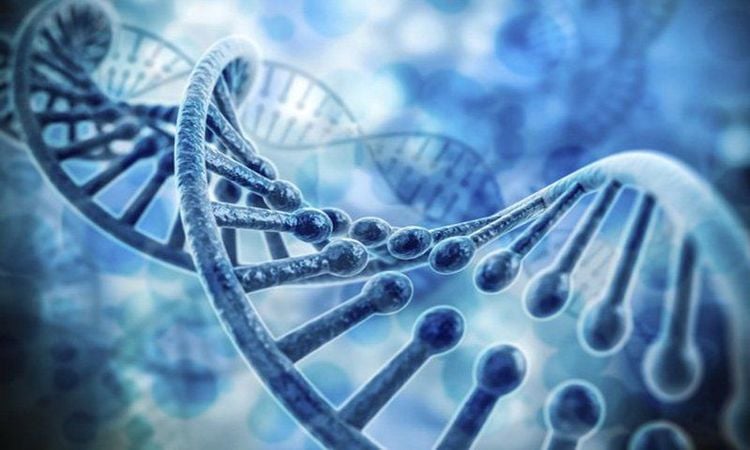1. Overview of Genetic Testing for Breast Cancer
Some women may inherit genetic mutations from their parents, increasing their risk of developing breast cancer. Genetic testing helps identify these mutations, but not everyone needs to undergo testing.
BRCA testing is a type of blood test that analyzes DNA to detect harmful mutations in the BRCA1 and BRCA2 genes, which are known to be linked to breast cancer. People who carry these mutations have a higher risk of developing breast and ovarian cancer compared to the general population.
Individuals with a family history of breast or ovarian cancer or a concerning personal medical history may be recommended to undergo BRCA testing. However, this test is not commonly performed for those with an average risk.
Test results are not always clear-cut. A positive result means you may need to work with a doctor to lower your cancer risk. A negative result may indicate that you do not carry the mutation, or it may mean that an undetected mutation is present. In some cases, genetic variants of uncertain significance may be found.
Genetic counseling before testing can help you understand the implications of the results and decide whether testing is appropriate for you.
2. Who Should Consider Genetic Testing for Breast Cancer?
BRCA testing is recommended for individuals at high risk, including:
- Women diagnosed with breast cancer before age 45.
- Women diagnosed with breast cancer before age 50 with a family history of the disease or unclear family history.
- Women diagnosed with triple-negative breast cancer before age 60.
- Individuals with a personal history of multiple types of cancer.
- Individuals with a history of ovarian cancer or male breast cancer.
- Individuals with close relatives diagnosed with early-onset breast cancer, ovarian cancer, prostate cancer, or pancreatic cancer.
- People of Ashkenazi Jewish descent with a history of breast or related cancers.
- Families with known BRCA1 or BRCA2 mutations.
Besides BRCA1 and BRCA2, studies have identified other genes that may be linked to breast cancer. Doctors may recommend additional genetic testing based on family medical history.
3. The Genetic Testing Process
The first step is creating a family pedigree to assess cancer risk within the family. This diagram helps analyze genetic patterns associated with cancer.
After completing the family pedigree, a blood test is conducted to check for genetic mutations linked to breast cancer. However, most breast cancer cases are not related to BRCA mutations, and not all cancer-causing genes have been identified.
If a family member has been diagnosed with breast cancer and carries a BRCA mutation, other family members should consider testing to develop appropriate prevention strategies.
Knowing the test results can help individuals make informed decisions about healthcare and cancer prevention in the future.
References: webmd.com, mayoclinic.org

